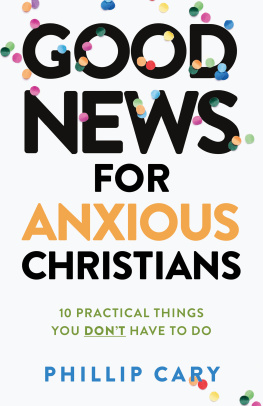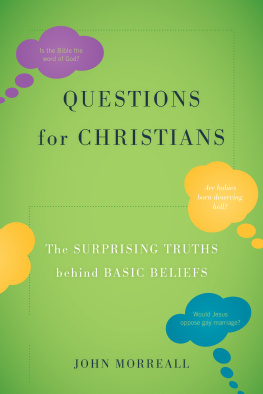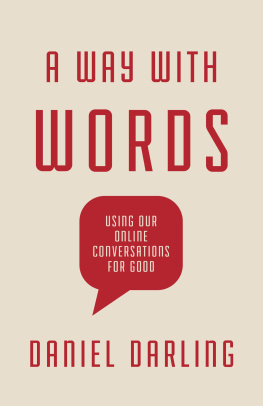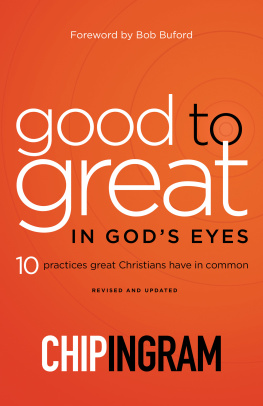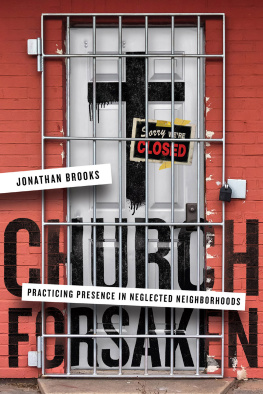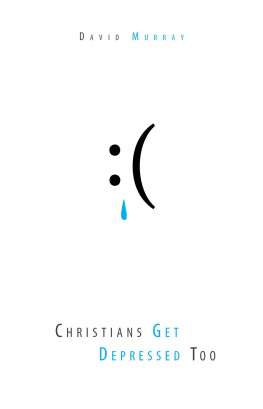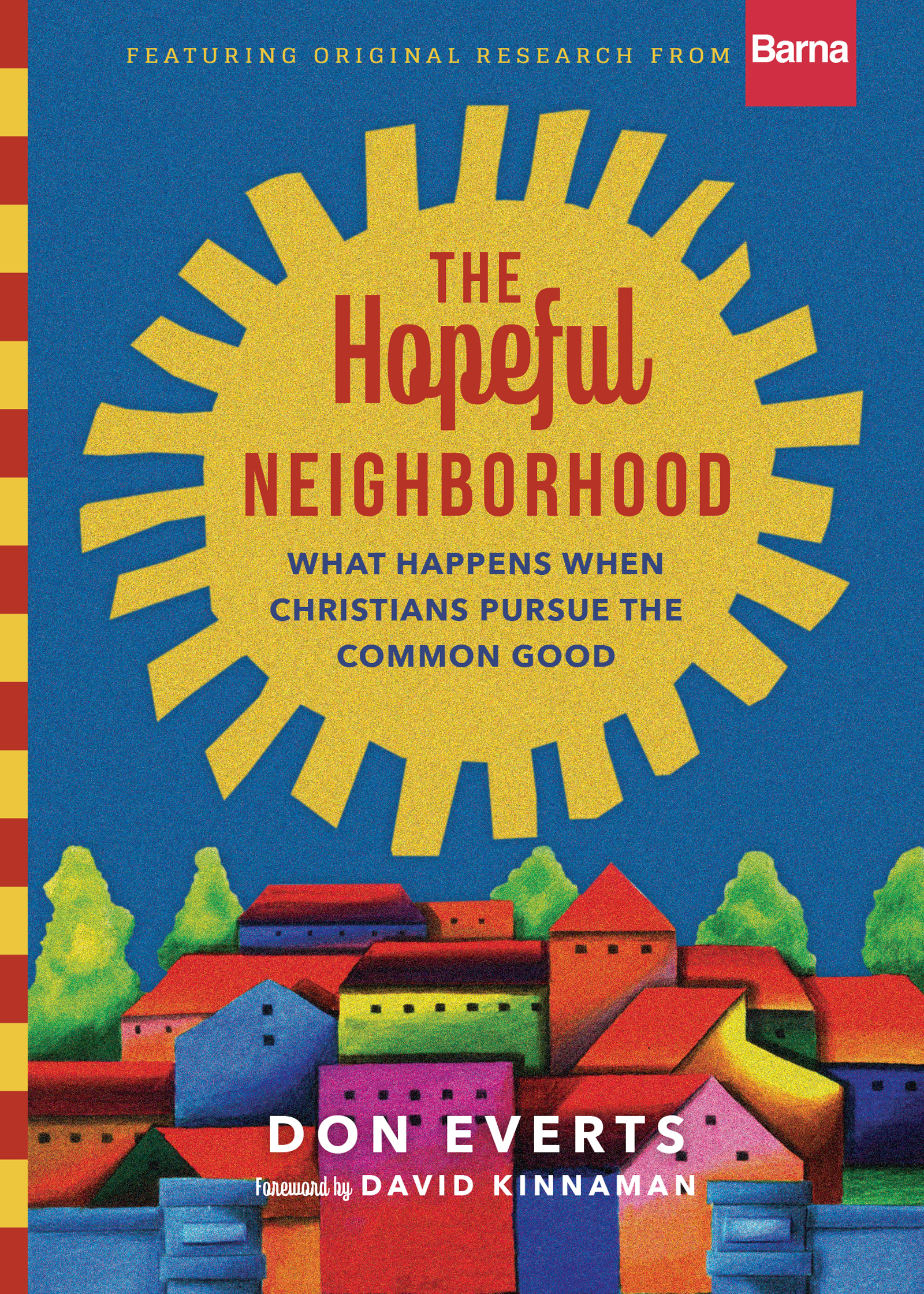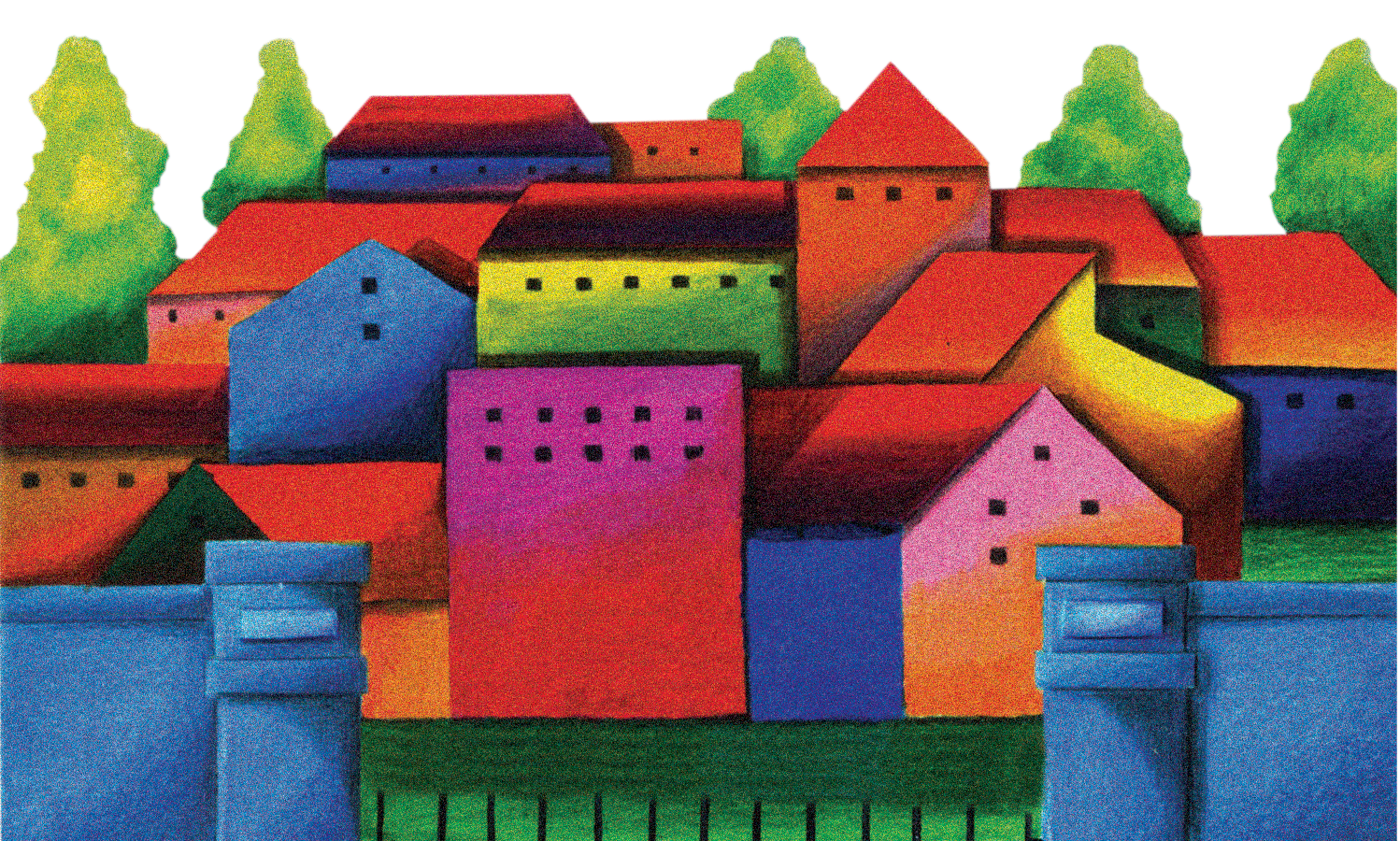InterVarsity Press
P.O. Box 1400, Downers Grove, IL 60515-1426
ivpress.com
2020 by Lutheran Hour Ministries
All rights reserved. No part of this book may be reproduced in any form without written permission from InterVarsity Press.
InterVarsity Pressis the book-publishing division of InterVarsity Christian Fellowship/USA, a movement of students and faculty active on campus at hundreds of universities, colleges, and schools of nursing in the United States of America, and a member movement of the International Fellowship of Evangelical Students. For information about local and regional activities, visit.
Scripture quotations, unless otherwise noted, are from The Holy Bible, English Standard Version, copyright 2001 by Crossway Bibles, a division of Good News Publishers. Used by permission. All rights reserved.
All figures, unless otherwise noted, designed by Annette Allen, data visualizations developed by Alyce Youngblood and Traci Hochmuth, Barna Group, copyright Lutheran Hour Ministries.
While any stories in this book are true, some names and identifying information may have been changed to protect the privacy of individuals.
Cover design and image composite: Cindy Kiple
Interior design: Jeanna Wiggins
Images:gated community illustration: Imagezoo / Getty Images compass and map: nicoolay / E+ / Getty Images compass: bortonia / DigitalVision Vectors / Getty Images
"The publisher can't verify the accuracy of website hyperlinks beyond the date of print publication."
ISBN 978-0-8308-4804-1 (digital)
ISBN 978-0-8308-4803-4 (print)
To
all the neighbors
God has given me
past, present, and future
Contents
Foreword
David Kinnaman
President, Barna Group
I know dozens of people in my family and among close friends who will want to read this bookwho will be getting this book as a gift from me. (Jeff, for one, youre welcome.) The Hopeful Neighborhood grapplesin some of the most clear and accessible writing that Ive yet readwith some of the questions and concerns that Ive been hearing for years.
Helping Christians to live in natural, normal, and God-honoring ways in our communities is a big challenge in the church today. How do we genuinely demonstrate our faith in Jesus in the places where we live and to the people who live near us? After years of research at Barna Group, I am convinced that getting Christians to have a framework for living their faith locallyfor being contributors to a hopeful neighborhoodis not only a challenge but a significant opportunity.
We let a lot of things hinder us in this regard. I believe we are burdened sometimes by the weight of the negative perceptions of Christians. We often live into the stereotypes that sadly weve helped to create: hypocritical, judgmental, more concerned about policies than people, sheltered. Ive written a lot about these kinds of barriers with my friend Gabe Lyons (in books called unChristian and Good Faith). Christians are perceived to be irrelevant (we are unseen and unimportant) or worse, extreme (we are perceived to prioritize the wrong things that bring harm and hate to our communities).
But there is a way to shift those perceptions in a biblical, Christ-honoring wayby being part of a hopeful neighborhood.
Another barrier, which I see in the data all the time, is that churches and pastors are often complicit in keeping Christians churchbound. What I mean is that, for good motives and good reasons, a type of bargain is offered to keep Christians volunteering, serving, and giving in and through the local church. This isnt all bad; the most resilient kinds of disciples are active and involved in and through their local churches.
Yet the most resilient of Christians are, in addition to their church engagement, also active in the world where God has placed them; they deeply concern themselves with poverty; they work to reverse injustices; they bring their soul with them to their workplaces; they contribute to hopeful neighborhoods.
Finally, the most concerning barrier to loving and serving in the places where we live is fear. We dont want to say the wrong thing. We dont want to be known for our frailties and faults. We are afraid of putting something at risk in our own livesour time, our reputations, our hearts, our priorities. We are not so sure we want to follow a Jesus who asks us to wash others feet and get our hands dirty.
Still, the most hopeful neighborhoods are filled with people who believe that perfect love casts out fear. We can be those kinds of Christians, trusting in a God who says he does not traffic in fear but in love, power, and sound minds.
This book does such a beautiful job of preparing us for life on mission with Jesus in the place where we live and with the people who live near us, in our neighborhoods. And my friend Don shares so much of his own journeyhes lived in thirty neighborhoods! He lovingly, carefully, persuasively guides us through the barriers to engaging and loving our neighbors as Christ calls. I hope you gain as much from the journey as I have.
Introduction
Living Above Place
M y family and I live in the Pierremont neighborhood found in the subtle hills west of St. Louis.
When we moved into Pierremont twelve years ago, my wife Wendy and I did what came naturally to us as hospitable former missionary typeswe went around to meet our new neighbors. This was mostly a pleasant and casual process until I met my next-door neighbor Michael for the first time.
I saw Michael working on his immaculate yard as I pulled into my driveway a week or so after we moved in. I waved and walked over to introduce myself. We shook hands and exchanged names and pleasantriesbut as we did so, Michael got a sort of puzzled expression on his face. I found out why when he looked in my eyes and said, You know, Don, youre the first person on this block to ever shake my hand.
What? I replied, How long have you lived here?
Over twenty years, Michael responded, nodding his head and looking thoughtful.
And thus began a pretty deep forty-five-minute conversation about Michaels story in particular and about neighbors in general. I began to look at my new neighborhood, Pierremont, differently after that conversation.
Wendy and I continued to do our hospitality thing with vigor: we had neighbor families over for dinner (including Michael and his family), and our driveway and double garage became a knockabout area for our own kids and all the neighborhood kids as well. In the midst of all the good of Pierremont (Halloween is like one big block party) and all the bad of Pierremont (smoldering feuds between neighbors are not pretty), I remained saddened that someone could go decades in this neighborhood with no neighbor coming over to shake their hand. And I remained convicted that as for me and my family, we were going to be a blessing in our neighborhood.
Then something unexpected happened.
We began to disengage from our neighborhood. This wasnt a purposeful or quick thing. Its just that slowly, over time, we became more absorbed in our church and our jobs and our kids activities, which increasingly had little or nothing to do with Pierremont. I didnt know it at the time or even have the language to describe it, but Wendy, our kids, and I were increasingly living above placeliving our lives relatively detached from the place and people right around our home.


